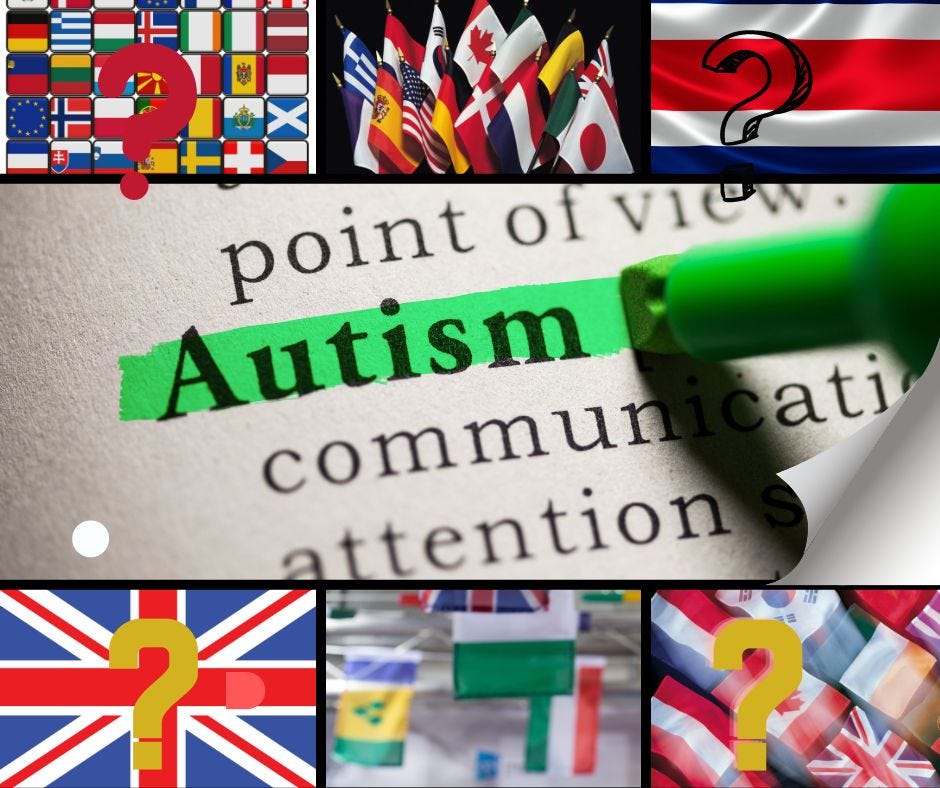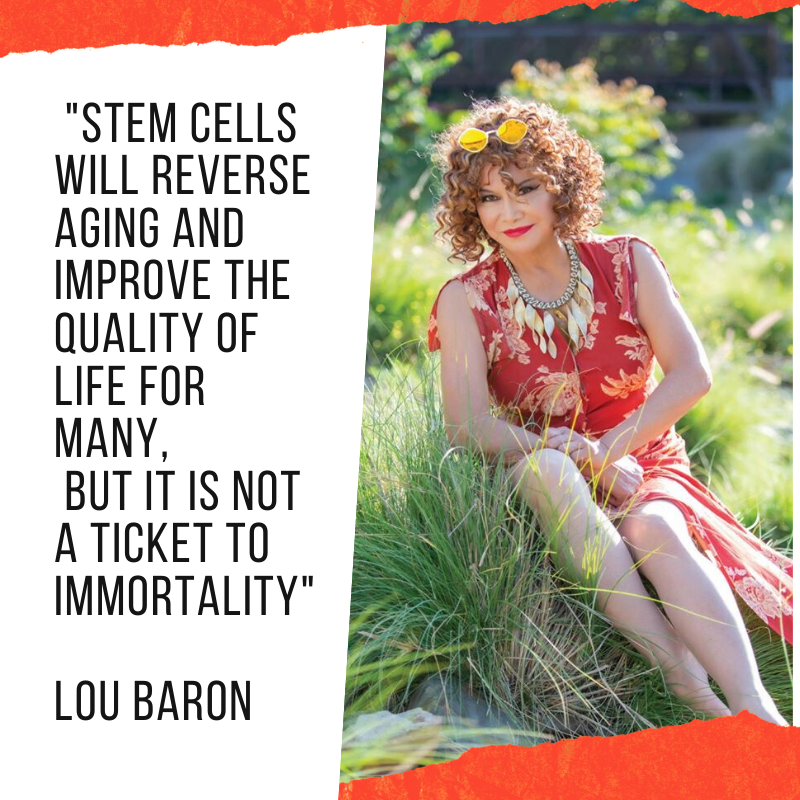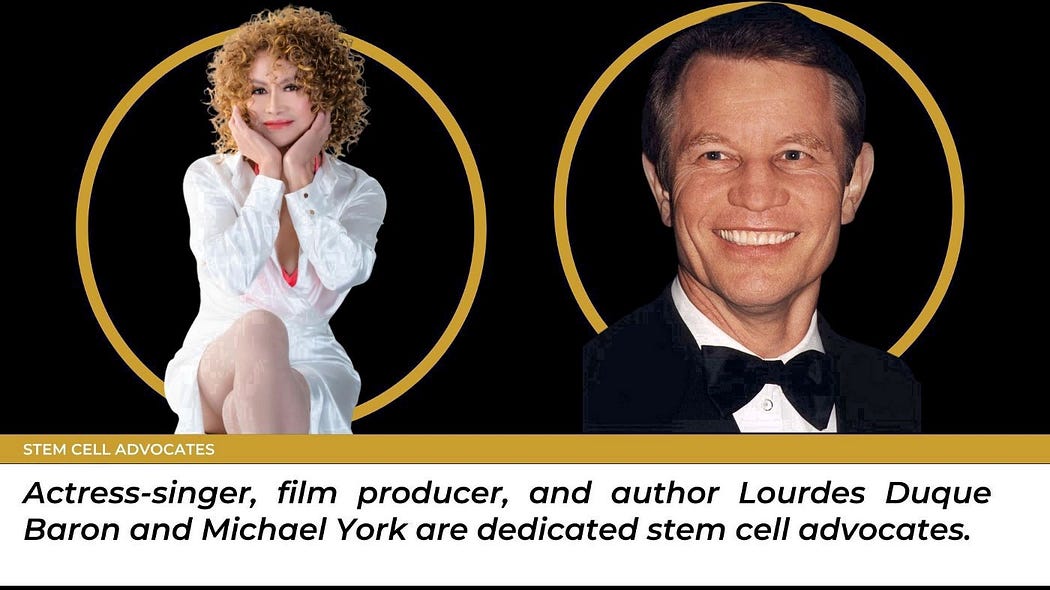What are the 5 Countries with the Highest Rate of Autism?
According to the Madison House Autism Foundation, the United States still has the highest rate of people who have Autism
It is followed by Canada, Jamaica, Britain, and Costa Rica.
Since researchers started keeping track of the condition in 2000, the prevalence of autism in the United States has continuously increased. Fears of an autism epidemic have been aroused by the increase in the rate. But according to specialists, a growing understanding of autism and modifications to the condition’s diagnostic criteria are on the rise. And potential alternative cures such as mesenchymal stem cell therapy are giving everyone much-needed hope.
Symptoms of Autism Spectrum Disorder & Role of Stem Cell Therapy
There are so many myths and misconceptions about autism spectrum disorder.
Learning deeper can help us empathize and relate better; it might even help us save a life.
ASD, or Autism Spectrum Disorder, is a developmental disability caused by differences in the brain.
Autism causes them to have a unique or different way of learning, moving and paying attention, which makes life immensely challenging.
Socializing, replying back, maintaining eye contact, and interacting can be difficult for people who have autism.
Children with an autism spectrum disorder might not respond to their name being called by 9 months of age, and they also do not show the proper facial expressions in social situations like being happy, sad, angry, or surprised.
Because of autism, they won’t be able to play and interact with other children their age in a normal way, and they may even have a hard time recognizing their parents by the age of 12 months.
At 15 months of age, a child with autism will not show interest in showing their parents and siblings objects that they like, and they will have a harder time noticing when others are hurt or upset by the age of 24 months.
At 48 months, parents might notice that their child will not pretend to be something else, like a doctor or a superhero, and they will not sing, dance, or act by 60 months of age.
Being the parent of a child with autism is a highly difficult task and a challenge.
Researchers found that mothers of children with autism had higher levels of parenting-related stress (Estes, Munson, Dawson, Koehler, Zhou & Abbott, 2009)
The interests of people with autism and their behavior will seem odd and unusual to those who do not know them. They might perform certain gestures, like counting before entering a door, that would seem absurd to others. They might repeat words or phrases over and over, and play with the same toy each time. Some people who have autism might be obsessed with one particular topic, like whales or cheese.
Some people with autism spectrum disorder will also have delayed movement and learning skills and might be hyperactive and impulsive. and display a lack of fear, or they might display more fear than usual. In severe cases, it can cause an ASD patient to suffer from epilepsy or seizure disorder.
It is important to note that the signs and symptoms of autism will vary from person to person. Some might have some of the stated symptoms above, while some might only have 2 or 3 recurring behavior.
Reference:(https://www.cdc.gov/)
Stem Cell Therapy & Autism
Stem cell therapy is being considered by researchers as a potential cure for various diseases, including autism and other diseases that do not have any surgical treatments available.
It is to be noted that in Autism several areas of the brain are damaged and do not function as they should. One of the goals of stem cell therapy researchers is to find a way to reverse the damage by replacing destroyed cells with a healthy supply of cells.
Medical researchers believe that it might restore the lost functions of the brain and improve the total quality of life for ASD patients. It is with the hope that stem cell therapy will one day make patients with autism independent so they can blend better into society.
How can stem cells help ASD patients?
A fresh batch of stem cells has the ability to repair, regenerate, and replace damaged cells in the brain. It can release growth factors that regulate the immune imbalance in autism, which can potentially lead to healing and a regenerative effect on damaged tissue.
It is important to note that the effects of stem cell therapy will vary among autism patients. A careful study and series of tests need to be conducted first before an ASD patient can be given the chance to use stem cell therapy as a form of treatment. There are some autism patients who have shown clinical improvements in clinical trials, which led to less aggressive behavior, improved eye contact, and a longer attention span. But further research is required to fully understand the impact and long-term impact of stem cell therapy on Autism Spectrum Disorder.
New Breed of Homo Sapiens
There is great promise in stem cell therapy when it comes to various illnesses or diseases. But before this can be done, stem cell therapy needs to be put into the mainstream.
Regenerative medicine is expected to be the next big thing in healthcare.
Stem cell advocates like singer-actress and award-winning author Lourdes Duque Baron hope to raise awareness about the immense and life-changing benefits of Stem Cell therapy through her upcoming book NEW BREED OF HOMO SAPIENS.
Stem cell therapy doesn’t have to be complicated. It has to be shared in a powerful and meaningful way.
Stem Cell therapy is the reason for the phenomenal improvements that allow stem cell advocates Lourdes Duque Baron and Michael York to continue living with amazing energy and boosted immune systems.
Receivers of billions of stem cells attest to the truth of this rejuvenating and immensely powerful treatment.
Michael York a highly respected A-list actor became an advocate for stem cells after receiving treatment for his Amyloidosis and Multiple Myeloma.
While 75-year-old Lourdes Duque Baron experienced the healing of her Osteoporosis by way of stem cell therapy.
***
Feeling Good At Any Age The One Stop Rejuvenation Center ( FGAAA) in West Covina, California, is one of the leading stem cell therapy clinics in the world, offering premium quality products and the latest available stem cell treatments for a variety of health conditions like chronic heart failure, chronic kidney disease, and type 1 diabetes, among others.
Five-part series with Hollywood actor and TV print ad model Clint Jung for FGAAA Clinic
References:





